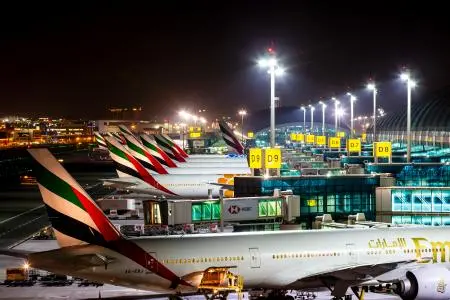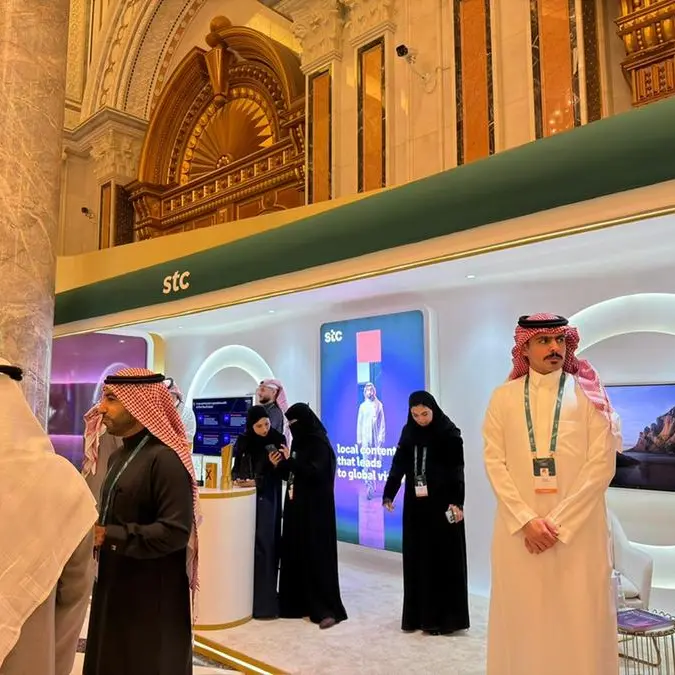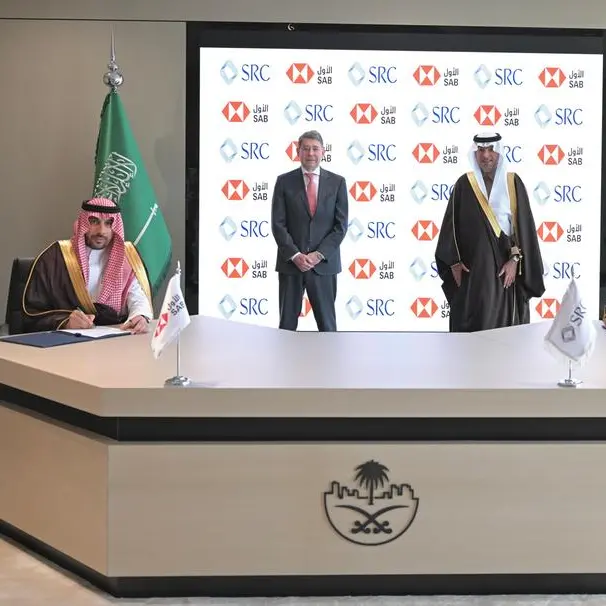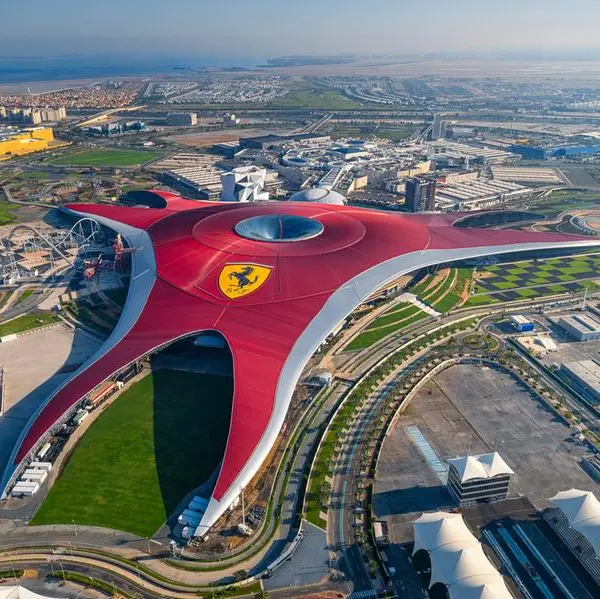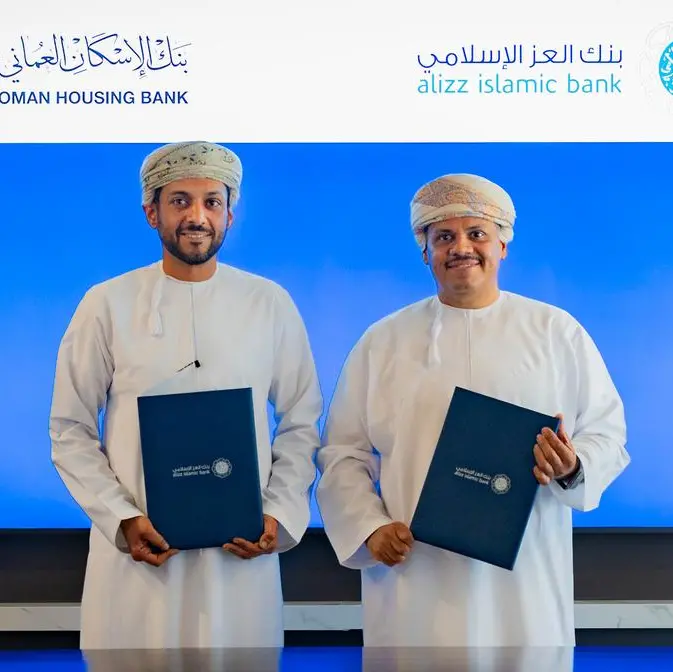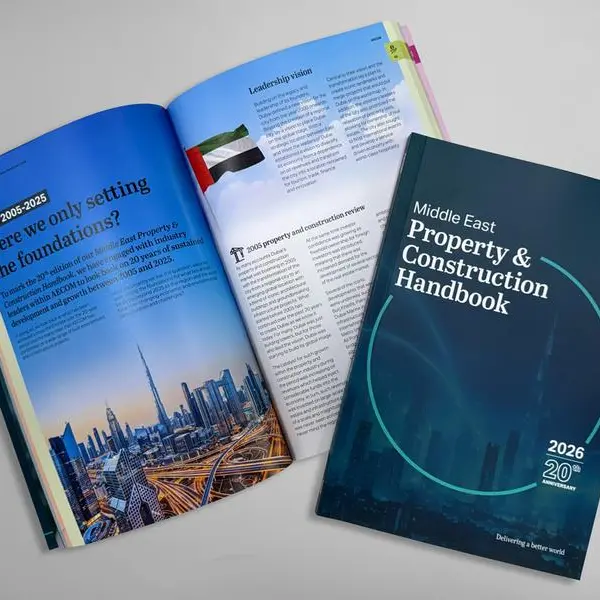PHOTO
DUBAI, UAE: Dubai International’s (DXB) apron and aircraft parking areas across its 12.5km2 airfield are now lit with brighter, more efficient LED lights that will deliver annual energy savings of approximately 7,000 MWh, which is equal to 495 metric tonnes of CO2 emissions, or growing more than 8,000 seedlings per year for 10 years.
That’s thanks to the completion of a project that replaced 1,880 conventional 1,000W and 2,000W light fixtures with 1,000 new high-performance LED light fixtures across the apron and parking areas of DXB. The switch to energy efficient LED lights is expected to reduce loads from 2,200KW to just 810KW, a massive drop of 63% in annual consumption.
Describing the project as an important part of Dubai Airports wider efforts towards reducing the airport’s carbon footprint, Omar Binadai, Senior Vice President of Engineering Services at Dubai Airports said, “As an organisation that puts sustainability at the core of its long-term business strategy we are always looking at ways to reduce energy consumption. Retrofit projects that improve efficiency through process enhancement or by replacing conventional systems with the latest in technology are perhaps one of the quickest ways to achieve that objective.”
The lighting project is part of the Dubai Airports and Etihad ESCO agreement announced last year to replace 150,000 conventional light fixtures across DXB with LED lights. Dubai Airports has launched a series of green initiatives since 2019 including a project to replace ground service vehicle fleet with electric and hybrid vehicles, and the installation of a 15,000-panel solar array at DXB’s Terminal 2, the largest at any airport in the Middle East. More recently, the operator banned the use of single-use plastics at Dubai International and Dubai World Central (DWC) effective Jan 1, 2020. These initiatives together with other environmental projects in the future will help Dubai Airports to support the growth of Dubai’s aviation while achieving its sustainability goals. In October 2019, DXB and DWC reached an important milestone on their journey towards neutrality by achieving Level 3 of the Airports Council International’s (ACI) Airport Carbon Accreditation programme.
-Ends-
- Dubai Airports is the operator of both of Dubai’s airports – DXB and DWC.
- As integrator, Dubai Airports works to balance the interests of all stakeholders to maintain aviation growth, protect operational resilience and ensure that service providers collaborate to provide a safe and secure service and improve the experience of our customers whilst maintaining a sustainable business.
- DXB is the world’s number one airport in terms of international passenger traffic and number three globally in terms of total passenger traffic as reported by Airports Council International.
Disclaimer: The contents of this press release was provided from an external third party provider. This website is not responsible for, and does not control, such external content. This content is provided on an “as is” and “as available” basis and has not been edited in any way. Neither this website nor our affiliates guarantee the accuracy of or endorse the views or opinions expressed in this press release.
The press release is provided for informational purposes only. The content does not provide tax, legal or investment advice or opinion regarding the suitability, value or profitability of any particular security, portfolio or investment strategy. Neither this website nor our affiliates shall be liable for any errors or inaccuracies in the content, or for any actions taken by you in reliance thereon. You expressly agree that your use of the information within this article is at your sole risk.
To the fullest extent permitted by applicable law, this website, its parent company, its subsidiaries, its affiliates and the respective shareholders, directors, officers, employees, agents, advertisers, content providers and licensors will not be liable (jointly or severally) to you for any direct, indirect, consequential, special, incidental, punitive or exemplary damages, including without limitation, lost profits, lost savings and lost revenues, whether in negligence, tort, contract or any other theory of liability, even if the parties have been advised of the possibility or could have foreseen any such damages.
